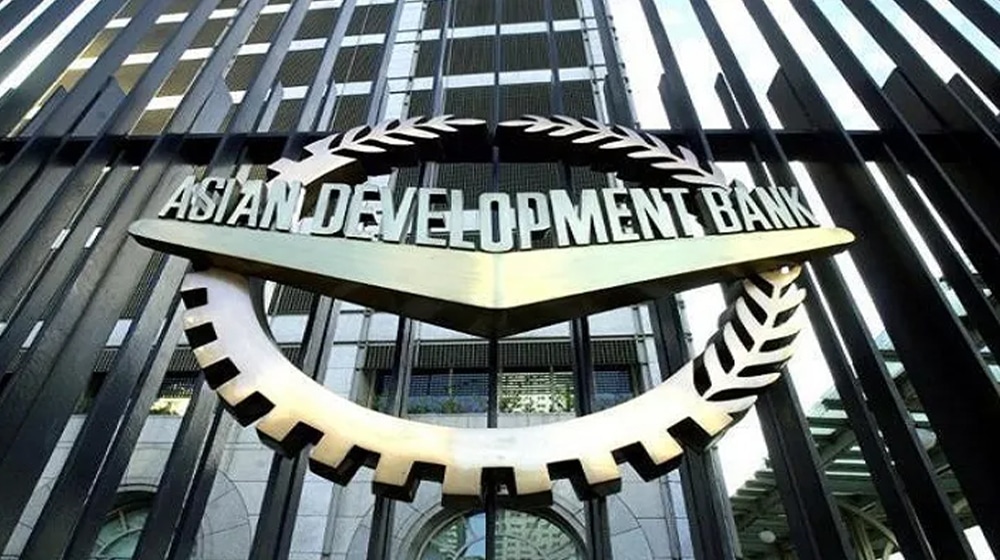Islamabad: Pakistan is experiencing significant economic setbacks due to climate-related disasters, with the Asian Development Bank (ADB) estimating that the country faces average annual losses exceeding $2 billion.
These recurring disasters are amplifying existing poverty levels, particularly affecting vulnerable groups such as women.
In its Annual Report 2024, the ADB described Pakistan as one of the most climate-vulnerable nations in the region, suffering from climate-related events that inflict substantial financial losses each year.
To address this, the ADB has approved a $500 million policy-based loan aimed at enhancing Pakistan’s disaster planning, preparedness, and response capabilities.
This program includes measures such as disaster risk mapping, climate resilience modelling, and mobilizing both public and private resources for disaster risk reduction.
Additionally, the loan will facilitate improved coordination for disaster monitoring and response, while introducing the ADB’s contingent disaster financing facility for the first time in Central and West Asia.
This facility ensures rapid disbursements of funds in the event of a disaster.
Disparities in Development
Despite some economic progress, the ADB report notes that countries in Central and West Asia, including Pakistan, continue to face significant disparities in development.
These nations also struggle with widespread poverty and limited access to essential services.
In Pakistan, the ADB has committed an additional $330 million to expand a grassroots social protection program, which will directly benefit 9.3 million people.
This initiative is especially focused on supporting impoverished women and their families.
The new funding will enhance targeting for household poverty assistance, provide conditional cash transfers to support education for children and adolescents, and improve access to health services and better nutrition for women, teenage girls, and children living in areas most vulnerable to climate disasters.
Urbanization in Pakistan is also posing major challenges.
The ADB report highlights the declining living standards in urban areas due to factors like poor planning, insufficient housing, and the escalating effects of climate change.
In response, the ADB has published a report in 2024 offering a new urbanization model to make Pakistani cities more resilient and livable.
This report outlines strategies for improving urban planning, leveraging innovative public-private partnerships for urban services, boosting the financial stability of municipalities, and implementing gender-responsive budgeting.
Read More: Negotiations with IPPs Fair, Transparent: Leghari Tells IMF, WB, ADB
In addition to disaster resilience and social protection, the ADB has invested in sustainable energy projects, including a $41.2 million non-sovereign loan for SAFCO Venture Holdings Ltd.
This funding will help develop a facility in Sheikhupura that produces 200,000 tonnes of sustainable aviation fuel annually, reducing carbon emissions by up to 85%.
The facility will use waste by-products from an adjacent biodiesel refinery, and all of its output will be exported to the European Union, generating essential foreign exchange for Pakistan.
Financial Commitments
The ADB’s financial commitment to Pakistan is significant, with an outstanding loan portfolio of around $16 billion, in addition to undisbursed loans totaling approximately $4.59 billion.
This brings the total loans to around $20.8 billion, which constitutes about 10% of Pakistan’s total loan obligations.
In 2024, the ADB committed $24.3 billion from its own resources and $14.9 billion in co-financing from its partners to address a range of complex development issues across Asia and the Pacific.
ADB President Masato Kanda emphasized that, with increased financial capacity and a more focused strategic approach, the ADB is turning its commitment into tangible results.
Also Read: ADB Forecasts 2.5% Growth for Pak Economy in FY25 as Reforms Take Hold
These efforts are focused on financing affordable energy and transport systems, supporting a dynamic private sector that creates quality jobs, and strengthening core services like education, healthcare, and social protection.
